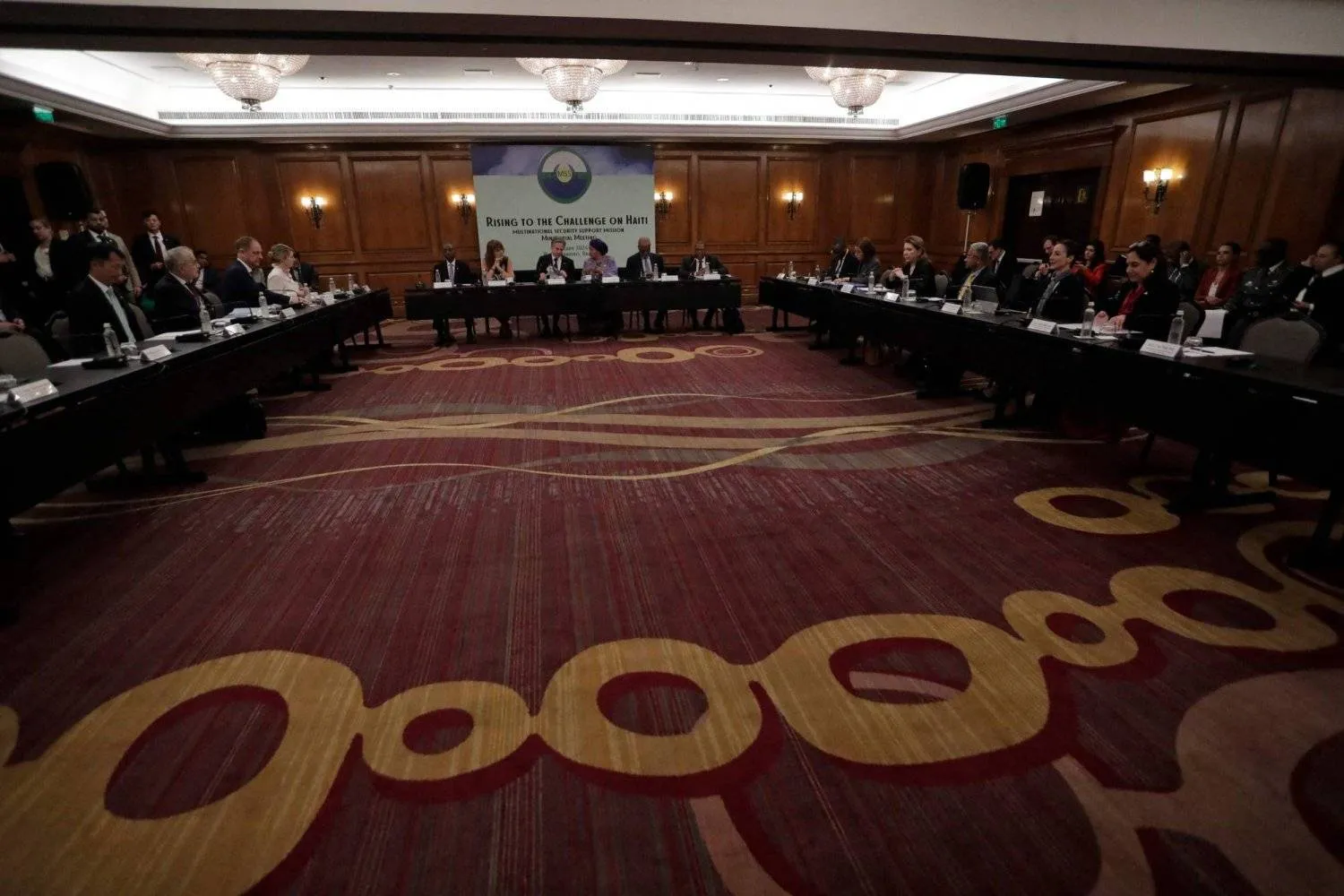Brazilian Foreign Minister Mauro Vieira said on Thursday that foreign ministers of G20 countries were nearly unanimous in supporting a two-state solution to resolve the Israeli-Palestinian conflict.
Vieira was speaking at the end of the two-day meeting of the foreign ministers.
"There was virtual unanimity in the two-state solution as the only solution to the conflict," Vieira was quoted as saying by Reuters.
European Union foreign policy chief Josep Borrell said on Thursday that there was consensus on the need for a two-state solution, supported by every speaker who addressed the conflict.
"Everybody here, everybody, I haven't heard anyone against it. There was a strong request for a two-state solution," Borrell told reporters. "It is consensus among us."
"There is not going to be peace ... not going to be sustainable security for Israel unless the Palestinians have a clear political prospect to build their own state," he said.
Borrell said he had asked G20 host country Brazil to "explain to the world that at the G20 everybody was in favor of this solution.”
"We have to mobilize our political capacity to push for this solution to be implemented. Otherwise is just wishful thinking," he said.
He said the crisis in Gaza extends to the West Bank, which is "absolutely boiling" as Israeli settlers are "attacking Palestinian civilians.”
Borrell said he expects Arab nations will make a peace proposal for Gaza in the coming days.
Israel Prime Minister Benjamin Netanyahu largely rejects the creation of a Palestinian state. The United States, Israel's biggest international backer, also maintains that a two-state solution is the feasible way to bring sustainable peace to the region.









